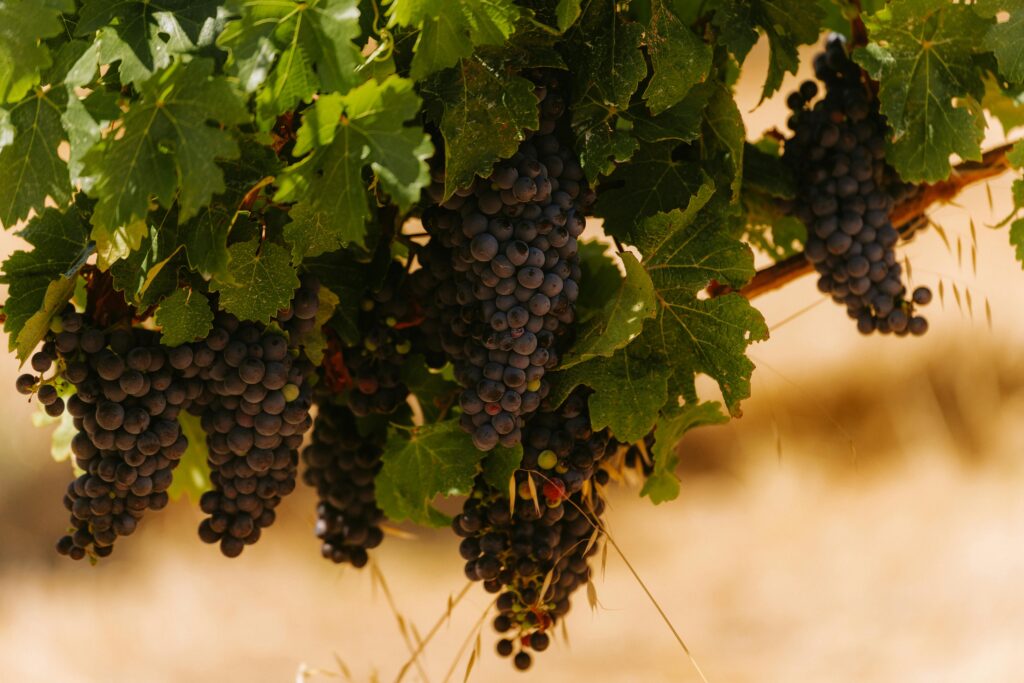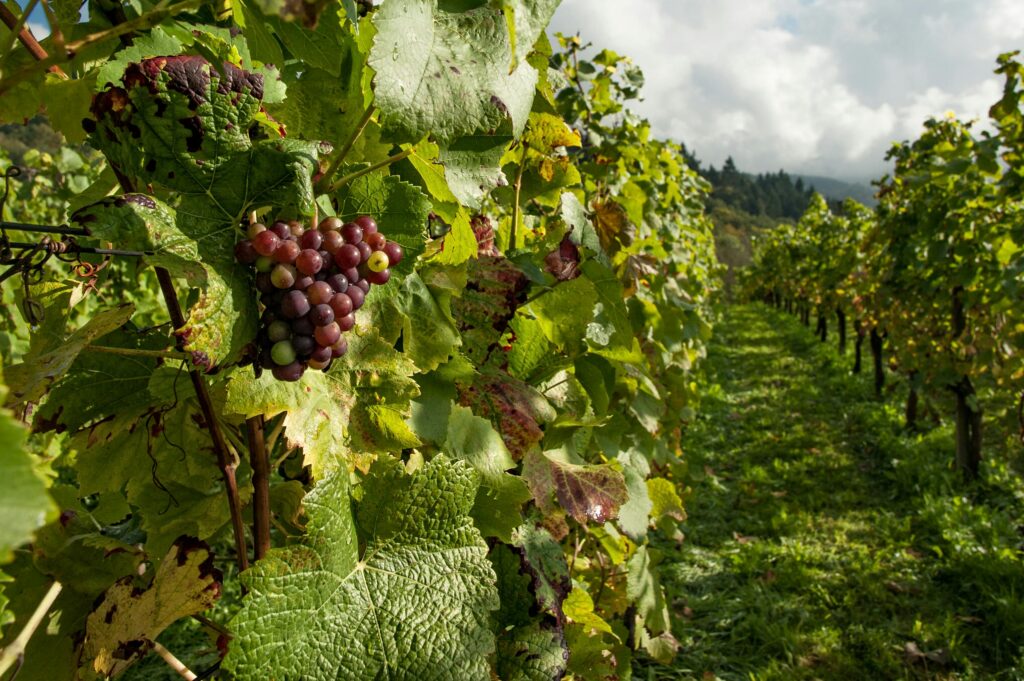
- By admin
- July 30, 2025
- No Comments
What Are Different Types of Fertilizers and Their Roles?
What Are Different Types of Fertilizers and Their Roles?
Fertilizers are important because they give plants the nutrients they need to grow well. Farmers can choose from different types of fertilizers as per their needs. Modern farming tools help farmers apply the right amount of fertilizer where it is needed most. This ultimately helps in making the best use of fertilizers.
Organic Vs. Inorganic Fertilizers
Organic fertilizers come from natural materials and release nutrients slowly as they break down over time. Inorganic fertilizers are made in factories and provide nutrients quickly for plants to use right away. These include many nitrogen fertilizers and NPK fertilizers.
While inorganic fertilizers work fast, but organic fertilizers are better for the soil and the environment in the long run.

Different Types of Fertilizers and Their Importance in Agriculture.
Here we will explore different types of fertilizers and their importance in agriculture for you:
1. Nutrient Focused Fertilizers
These fertilizers add a specific nutrient that plants might be missing. For example, some soils may need more nitrogen. While others might need phosphorus or potassium.
So, the nutrient focused fertilizers can help you to fix these nutrient gaps in the soil. These will be giving plants the extra support they need. As a result, they can grow strong roots, stay healthy, and produce more crops.
2. Slow-Release Fertilizers
Slow-release fertilizers break down little by little over time. They provide a steady supply of nutrients for weeks or even months instead of giving plants all their food at once.
This helps plants get just the right amount without getting too much. Farmers like using these because they save time and don’t have to add fertilizer as often. They also help keep nutrients from washing away when it rains or when watering.
3. Nitrogen Fertilizer
Nitrogen is a key nutrient that helps plants grow tall and green. It is especially useful for crops like wheat, rice, and corn.
Nitrogen fertilizer comes in different kinds. Some nitrogen fertilizers work fast to give plants a quick boost. On the other hand, other nitrogen fertilizers release nutrients slowly and last longer in the soil.
4. Ammonium Nitrogen Fertilizers
Ammonium nitrogen fertilizers are types of fertilizers that give plants nitrogen in the form called ammonium (NH4+). Some common examples are ammonium sulfate fertilizers, ammonium bicarbonate, and ammonium chloride. These fertilizers provide nitrogen that plants can easily use to grow strong and healthy.
Ammonium Sulfate
Ammonium sulfate fertilizer is a white and crystal-like salt. It dissolves easily in water. Ammonium sulfate fertilizer gives plants nitrogen and sulfur. It is popular because it provides two important nutrients and does not lose nitrogen quickly
Ammonium Bicarbonate
Ammonium bicarbonate is a powder that breaks down into ammonia, carbon dioxide, and water. Plants can use the ammonia as a source of nitrogen.
Ammonium Chloride
Ammonium chloride is another white, crystal-like salt that dissolves well in water. Ammonium chloride gives plants nitrogen and chloride to help them grow.
5. Phosphorus-Based Fertilizers
Phosphorus helps plants grow strong roots and gives them energy to grow. Plants especially need it when they are young. Phosphorus fertilizers help plants to develop deep roots and grow more fruits or seeds. Farmers usually add this fertilizer when planting to give young plants a good start.
6. Compound Fertilizers / NPK fertilizers
NPK fertilizer is one of the most common fertilizers used around the world. NPK fertilizer has three main nutrients:
- N (Nitrogen) helps plants grow big and green
- P (Phosphorus) helps roots grow strong
- K (Potassium) helps plants stay healthy and fight diseases
There are different NPK mixes to fit what different plants need. For example, leafy veggies usually need more nitrogen. On the other hand, fruit plants do better with more potassium.
Using NPK fertilizers can also help farmers to keep the soil healthy and help plants grow fully.
7. Specialty Fertilizers
Specialty fertilizers are made for certain plants or growing conditions. Some help plants grow better in sandy soil. While others are made for use in greenhouses.
These fertilizers might also have extra minerals like zinc or iron. This is because some soils don’t have enough of these nutrients. As a result, these specialty fertilizers can help you to fix specific problems and help plants grow strong even in tough situations.
Some examples of specialty fertilizers are:
- Micronutrients-based fertilizers
- Slow-release fertilizers
- Spikes and tablets
- Foliar fertilizer
- Liquid fertilizers
8. Liquid Fertilizers
Liquid fertilizers are mixed with water and sprayed on the soil or directly on plants. Farmers often use them on big farms or when they need quick results.
They work fast and can be added through watering systems. However, they need to be used carefully at the right time to avoid giving plants too much or wasting fertilizer.
The R’s of Using Fertilizers for Improved Crop Production
Using fertilizers correctly helps farmers grow more food without hurting the soil or water. Here are two simple rules farmers follow:
- Right Type
Pick the fertilizer that matches what the plants and soil need. For example, if the soil needs nitrogen, farmers might use ammonium sulfate or ammonium chloride fertilizer.
- Right Amount
Using too much fertilizer can hurt plants and pollute water. Using too little won’t help plants grow well. It is important to use the right amount based on tests and what the crop needs.
- Right Time
Give fertilizer at the best time for the plants. For example, using nitrogen fertilizer when plants are young helps them grow strong.
- Right Place
Put fertilizer where plant roots can easily reach it. Sometimes it is mixed into the soil, placed near the roots, or sprayed on the leaves.
- Right Balance
Use a good mix of nutrients, like NPK fertilizer, to keep soil healthy. Using only one nutrient can hurt the soil over time. Changing the types of fertilizers you use also helps keep soil in good shape.
Conclusion
You can make your plants grow well and keep farming good for the environment by knowing about different types of fertilizers. Whether you use natural, organic, or chemical fertilizers, remember the Rs to get the best results. You can also use a simple fertilizer types guide to help you choose the right fertilizer for your plants.

Conclusion
Fertilizers are more than just something farmers use. They play a big role in feeding the world. Using the right plant food helps crops grow stronger, faster, and healthier.
Whether it is a regular NPK fertilizer or a natural mix, fertilizers help farmers to get better harvests. These help you to keep the soil healthy. They help plants use water better. It helps to bring tired soil back to life and let farmers grow more food on the same land.
